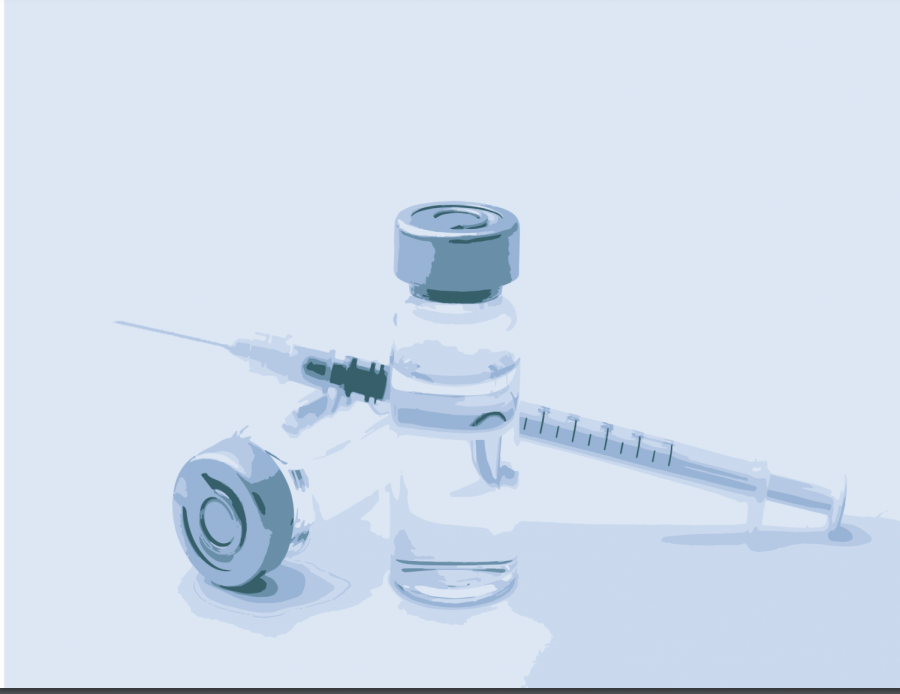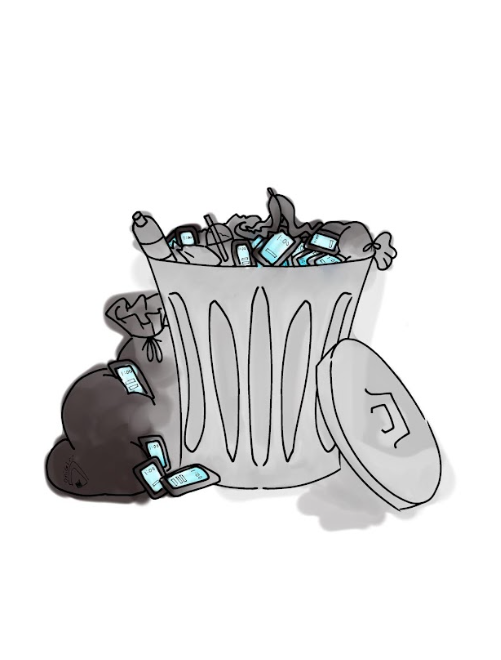An individual testing positive for measles was confirmed to have visited the UTSA Main Campus for a tour on UTSA Day. While the risk for infection among vaccinated individuals is extremely low, those present on campus on Feb. 15 between 10 a.m. and 2 p.m., or up to two hours after, should monitor for developing symptoms.
On Sunday, Feb. 16, UTSA Wellbeing Services announced via Instagram and email about the possible exposure. The announcement detailed the origin of the infected individual and possible symptoms that students should monitor for if they believe they may have been exposed.
These symptoms include a high fever of up to 105°F, cough, runny nose, red or watery eyes, sore throat and a rash. The rash typically develops three to five days after the initial exposure, starting on the face.
According to Associate Vice President for Strategic Communication and External Affairs Joe Izbrand, the individual’s infection window was believed to be after they visited Main Campus.
The individual was confirmed to have visited several public settings in San Antonio and neighboring cities. According to Texas Public Radio, on Friday, Feb. 14, the individual visited Texas State University from 3 p.m. to 7 p.m. and Twin Peaks in San Marcos from 6 p.m. to 10 p.m.
On Saturday, Feb. 15, the individual visited the UTSA Main Campus from 10 a.m. to 2 p.m.; multiple San Antonio Riverwalk attractions, including Wax Museum, Ripley’s Believe It or Not and Ripley’s Illusion Lab, between 2:30 p.m. and 5:30 p.m; and Mr. Crabby’s Seafood and Bar in Live Oak between 6 p.m. and 8 p.m.
On Sunday, Feb. 16, the individual visited Buccee’s in New Braunfels from 9 a.m. and 12 p.m.
Individuals present at these locations during these specified times — or up to two hours afterward — should monitor for developing symptoms.
Speaking on Texas and Bexar County’s resilience from a potential measles outbreak, Deputy Director of Metropolitan Health San Antonio Anita Kurian advised caution and awareness. There have been no confirmed measles cases in Bexar County.
“Here in Bexar County, we do have a good vaccination coverage,” Kurian said. “But there are still pockets of unvaccinated individuals, which always poses a big threat.
Measles is highly contagious, and if you’re unvaccinated there is a 90% risk that you will break down with the disease when you come in contact with a case.”
This information is consistent with the infected individual’s origin: Gaines County. According to TPR, Gaines County has the highest unvaccinated rate in Texas at 18%.
Gaines County is considered the epicenter of the West Texas measles outbreak, which has produced 90 confirmed cases thus far. This is the worst measles outbreak Texas has experienced in 30 years.
Measles vaccination rates have declined slightly, especially after COVID-19. According to the CDC, “One person infected with measles can lead to a dozen other people becoming infected in any community where less than 95% of people have been vaccinated against measles.” This largely explains the increase in confirmed cases for West Texas counties like Gaines.
Infectious Disease Specialist and Professor of Infectious Diseases at UT Health San Antonio Dr. Jason Bowling spoke on the importance of community vaccination rates to maintain herd immunity.
“It is good news that we haven’t had any cases in [San Antonio]. I think it’s important that we remain vigilant and aware,” Bowling said. “This outbreak in the panhandle is a reminder that even though measles is considered eliminated in the U.S., we remain at risk of losing that status. It requires ongoing maintenance and monitoring of vaccine rates.
“This is a good time for people to look at their vaccine status, and make sure that they’re up to date with their recommended two doses of measles vaccine.”
According to Kurian, the best way to avoid contracting measles is to get vaccinated.
If one suspects they may have measles or starts developing symptoms, they should stay secluded from public spaces and remain home at all costs. If someone contracts measles and requires medical examination or treatment, they should call their healthcare provider in advance to allow them to prepare.
More information regarding measles can be found on the Metropolitan Health San Antonio website.
This is a developing story. To stay updated, visit Paisano-online.com








